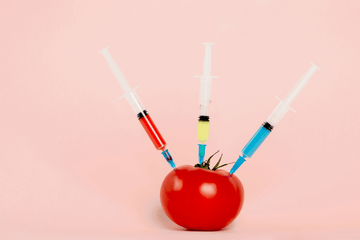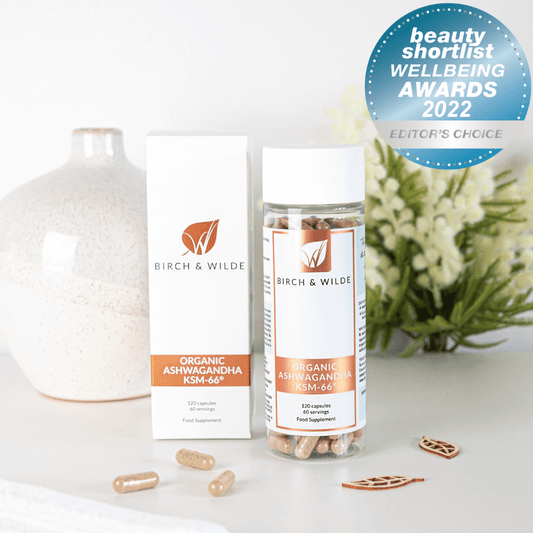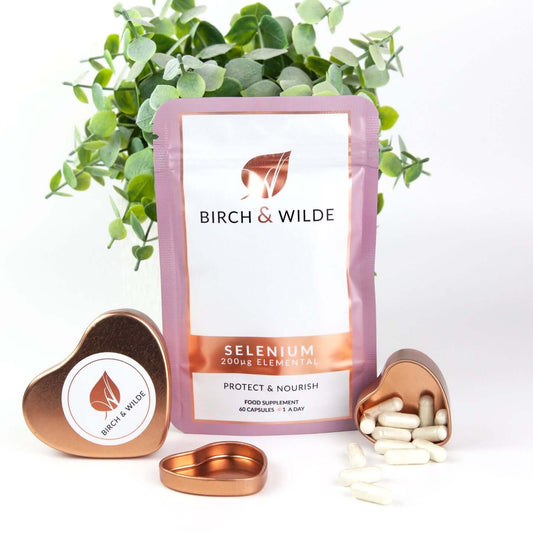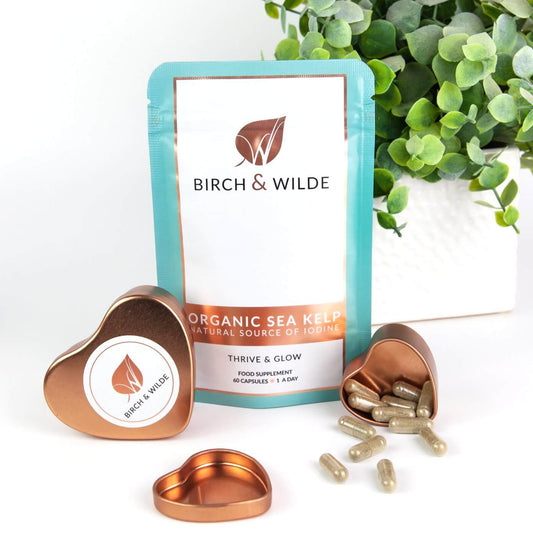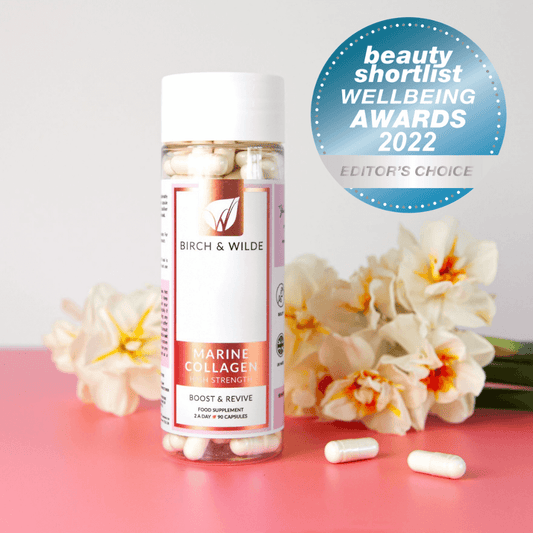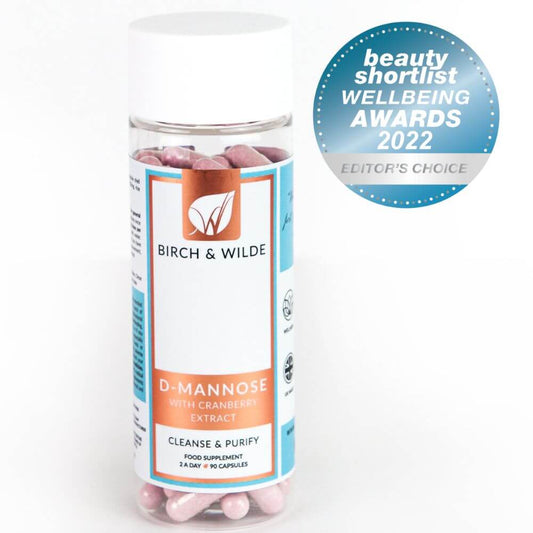Why you don't need Vitamin C in your Collagen
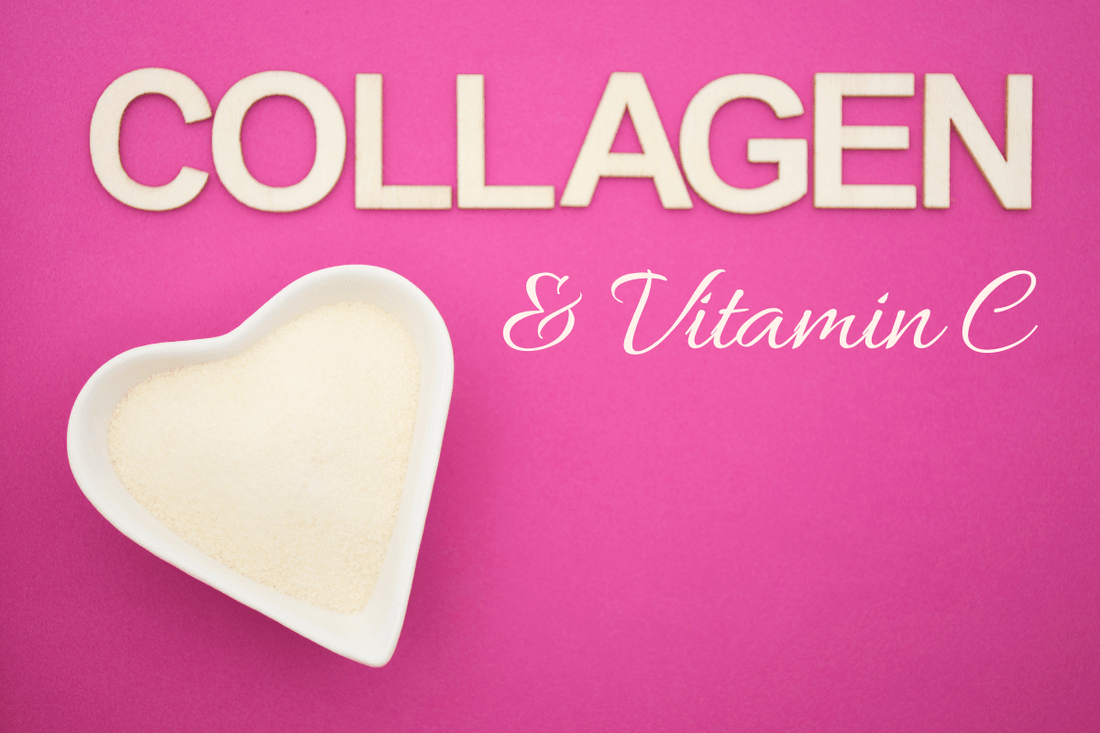
Collagen and vitamin C
It is very true that Vitamin C and collagen work hand in hand. Vitamin C is needed for the creation of new collagen and for the protection of existing collagen. A great collagen supplement will get into your cells and be utilised, but it will work much more effectively with vitamin C.
However, it is very easy to obtain your daily recommended amount of Vitamin C through diet alone. And with Vitamin C being a water soluble vitamin, adding it to your Marine Collagen supplement when you already eat a fairly well balanced diet, can result in expensive urine (not to mention that the vitamin C could be taking up capsule or powder space that could be filled with additional collagen!).
Creation of vitamin C
Vitamin C is needed for the creation of collagen in a process called hydroxylation. It is integral to collagen syntheses, and without vitamin C, collagen creation cannot happen.
Smoking associated premature wrinkles and poor blood vessel health is an excellent example of what happens when there is not enough vitamin C in the body. Each cigarette uses 25 mg of vitamin C to process. Smoking several cigarettes per day significantly reduces vitamin C availability for collagen production. This lack of vitamin C becomes obvious with the premature aging and increased risk of adverse cardiovascular events seen in smokers.
Protection of collagen
Vitamin C works as a free-radical scavenger (antioxidant). It helps to protect the cells from oxidative damage and preserve their function. There is a component inside the cells called telomeres. These telomeres are responsible for the production of collagen.
Telomeres are susceptible to oxidative and free-radical damage if not protected by antioxidant nutrients such as vitamin C. With time and free-radical damage, these telomeres get shorter and are less able to produce the same level of collagen. Protecting the cells from damage with vitamin C preserves their collagen producing capabilities.
Vitamin C from the diet
The minimum recommended intake of vitamin C for a healthy adult is 80 mg per day - that is equivalent to roughly one medium to large orange. Vitamin C is found in a variety of raw foods. Once foods are cooked however, they lose their vitamin C content, so make sure that each day you have several helpings of raw fruits and vegetables.
Vitamin C rich foods are also accompanied with flavonoids which enhance the action of vitamin C and also work to protect collagen. These flavonoids are not always found in vitamin C supplements, so getting them both through diet is essential. With a little thought and planning, getting 80 mg of vitamin C each day is easy. Just make sure the foods you consume are as fresh as possible to ensure they contain their maximum vitamin C content.
Our few of our favourite Vitamin C rich foods - yum!
Kiwis – Kiwis are a rich source of vitamin C with each fruit containing more than 60mg. Kiwis are also excellent for the gut.
Watercress – Although not the first food that comes to mind when thinking about vitamin C, each 100g portion of water cress contains over 40mg of vitamin C.
Blackcurrants – blackcurrants are nutrition power houses containing many antioxidants and a healthy 181mg of vitamin C per 100g of blackcurrants.
Bell peppers – Bell peppers are rich in carotenoids and vitamin C. Each red bell pepper provides around 150mg vitamin C.
Strawberries – Who doesn’t love strawberries? Each medium strawberry provides around 7g of vitamin C, meaning you only need to eat around 9 to achieve the minimum daily recommended level of vitamin C.
Raw broccoli – Raw broccoli takes some getting used to, but it is definitely worth it. Each 100g of raw broccoli provides over 80 mg of vitamin C, so it's great to start adding it to salads and dipping in hummus!
Lemons – What a great way to wake up with a glass of water and a fresh lemon squeezed into it. Not only is this great for your liver, but each lemon also provides around 30mg of vitamin C, giving you an amazing start to your day.








